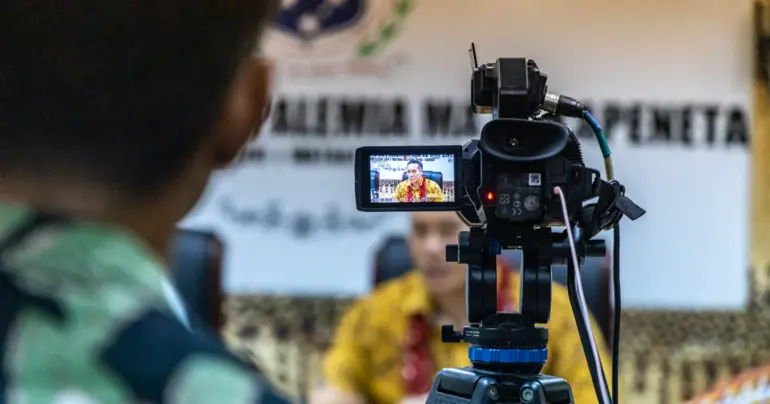Controlling Dengue in Samoa
In the case of Dengue, it's a matter of eliminating the mosquitos and preventing the biting of people by the infected mosquitoes.
The Dengue virus is transmitted to humans through the bites of an infected female mosquito, primarily the Aedes mosquito. In Samoa Aedes aegypti (primary vector) and Aedes albopictus, and sometimes Aedes polynesiensis, are the three main mosquitos that transmit Dengue virus. These are also the same species that can transmit Zika and Chikungunya viruses.
There is no specific treatment available for these arboviruses, but only supportive treatment. Mosquito control remains the most effective method to prevent and control the transmission of these viruses. Dengue Fever can be deadly. Fortunately, many of the subtypes of dengue do not lead to death. In Samoa, Dengue outbreaks have been reported in 2015 and 2018. Chikungunya virus outbreak occurred in 2014-2015, and Zika occurred in 2015 and 2016.
The other main disease that is carried by the mosquito in Samoa, which is not a virus disease but a parasitic disease, is Lymphatic Filariasis (mumu tutupa), and is transmitted by Aedes samoanus (primary vector), Aedes polynesiensis (primary vector), and sometimes aedes upolensis and ades tutuilae.
Controlling the disease should also focus on controlling the primary vectors. The recent research in 2022 (Queensland University, Ministry of Health, Oceania University of Medicine, School of Medicine) on Filariasis showed a lot of people with the filarial worm on the blood slide, and much more positive with blood tests, and so the countrywide Mass Drug Administration (MDA) in 2022 hopefully would have dramatically reduced these numbers. It will be interesting to do an Antigenic survey of Filariasis 6 or more months after the MDA to see the recurrence and the resistance of the filarial worm to the MDA, and if there is, we need to rethink our country's strategy.
We need to tackle the mosquito by whatever means that works. Insecticides have been administered for many years, and unfortunately, mosquitoes are getting resistant to them. The option that is left is biological controls. There are valid concerns about these biological controls, as these biological controls have been pests themselves in some of the biological control experiments/trials in Samoa.
Wolbachia (bacteria) infected mosquitoes to control other mosquitos is an option on trial in other Pacific countries. Sterilized male mosquitoes created through the laboratory in Tahiti, are going to be trialled in some of the islands, and see their effect. The CSIRO is working together with Oxitec UK and the Oceania University of Medicine to look at a genetically modified male mosquito to kill the mosquito population in Samoa.
This genetically modified mosquito has completed trials in some of the African countries, and Brazil, and one Pacific Island. The results look good with a massive reduction of the native mosquito population.
The other part of the equation that needs to be well addressed, is the infestation of humans with the viruses and parasites. The arbovirus has no specific treatment and only supportive treatment. Dengue has a vaccine. Filariasis has effective drugs for treatment, so that we would see the complications that have been seen in Samoa for a long time, of massive size legs (elephantitis - mumu tutupa) and massive amount of fluid in the testicles.
The Oceania University of Medicine (OUM) is working in this scientific research space with SROS, Ministry of Health and other Universities (Queensland University, etc), and in collaboration with Australia CSIRO to look at solutions to reduce the population of mosquito vectors that carry the dengue virus. It is also involved in research looking at testing and management of Filariasis.
This week, the Scientific Research Organization of Samoa (SROS), and Auckland University Medical School, and the Oceania University of Medicine (OUM) met in SROS for two days, to discuss collaborative research in Genetics, Precision Medicine, and Genomics. Prof Satu and Dr. Fiame are travelling to Tahiti next week to represent Samoa at the Pacific Genetics Workshop involving multiple countries funded by Tahiti and the French.











